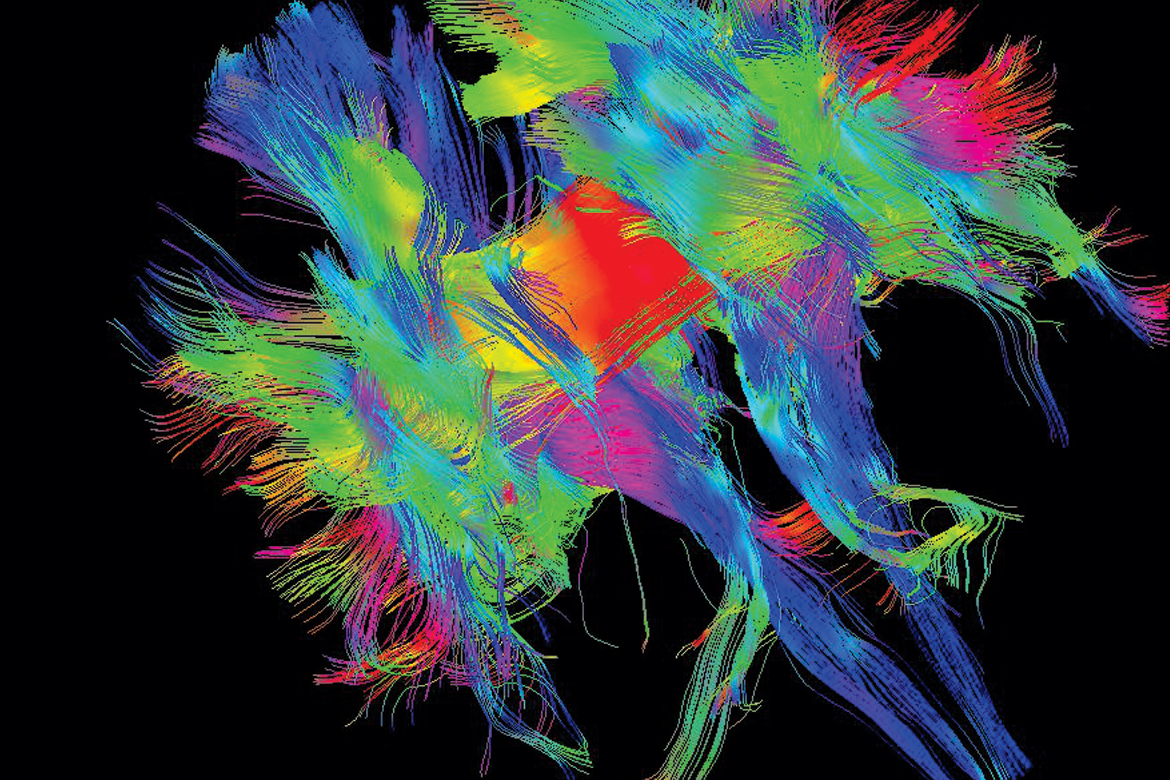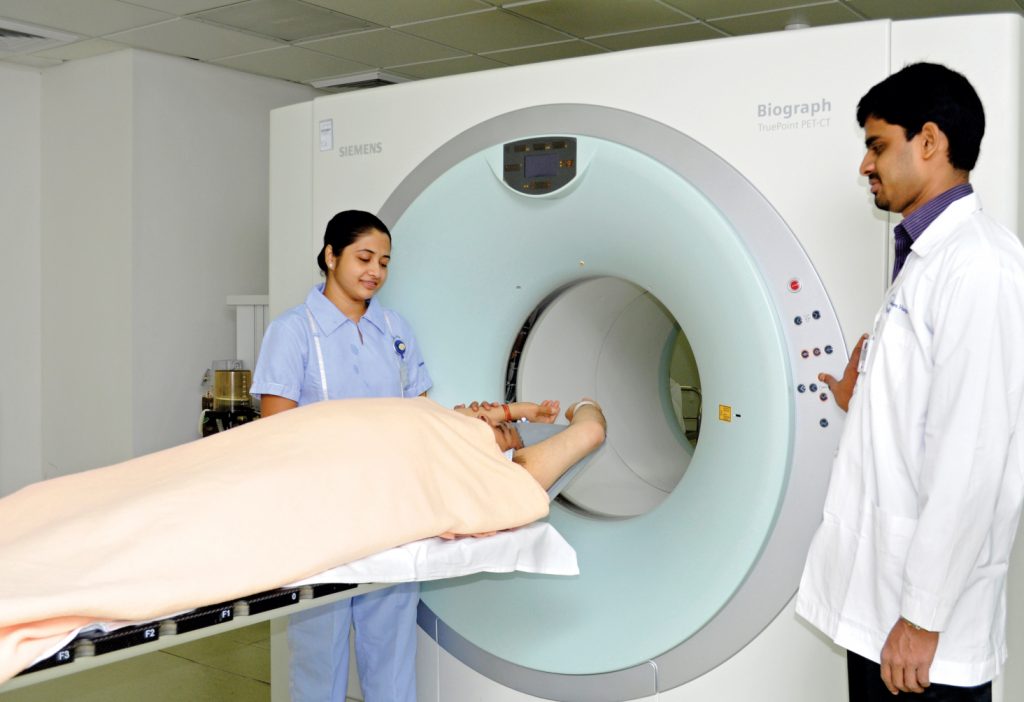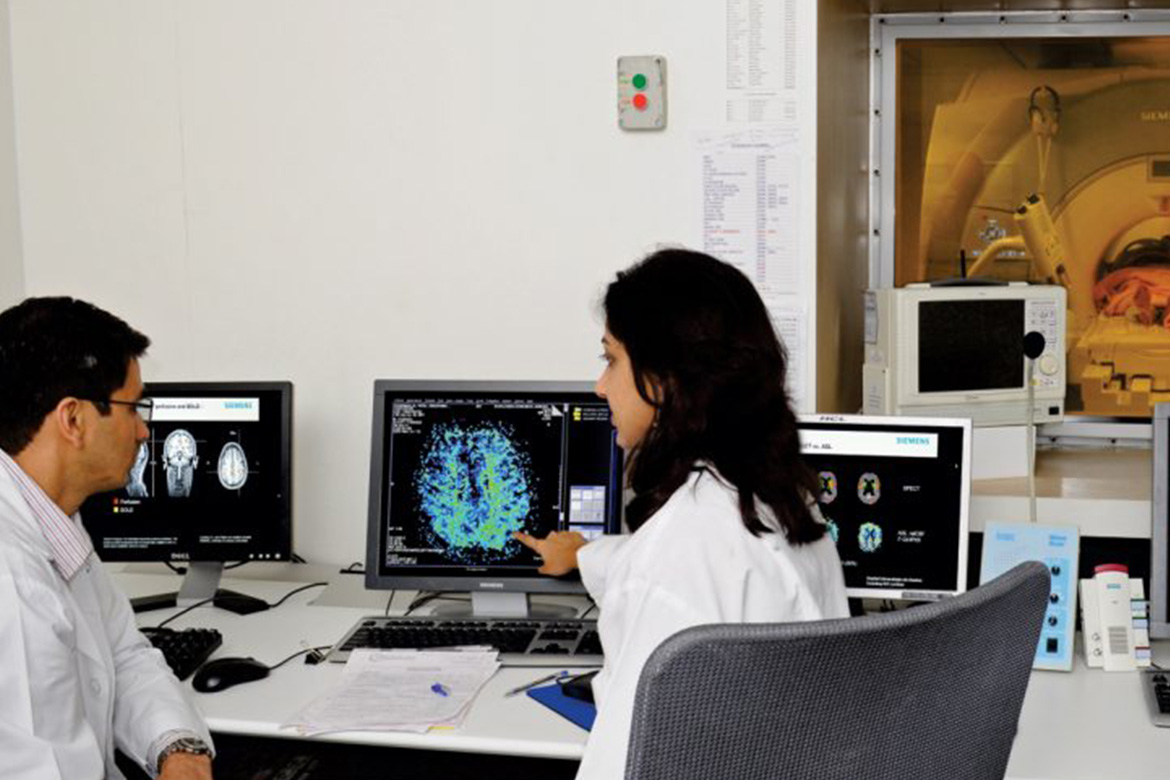Neurodegenerative disorders are neurological diseases resulting in progressive loss of brain Ncells (neurons). These disorders manifest as slowness of movements, tremor or other involuntary movements and dementias. Dementias are a group of neurological disorders that lead to decline in cognitive abilities, such as memory, thinking, planning, language skills, and, change in personality and behaviour. Dementias interfere with a person’s ability to work and interact socially. Different types of dementias have different biological mechanisms, affect different regions of the brain, present in different ways and require different treatment. Some of these dementias are even reversible. In this feature, we will discuss three types of neurodegenerative/neurometabolic disorders: Alzheimer, Parkinson and Wilson disease.
Alzheimer and Memory Clinic Offering Specialised Treatment And Care

Alzheimer disease or Alzheimer is a progressive degenerative brain disease, and the most common type of dementia. People affected by Alzheimer have progressive and frequent memory loss. With time they may become withdrawn and develop trouble in thinking, planning, working, interacting socially or looking after themselves.
Alzheimer is associated with deposition of abnormal proteins in the brain, brain cell death and brain shrinkage, although the exact causes and risk factors are subject of active research. Alzheimer usually develops in people over the age of 65 years. The risk of developing Alzheimer increases with age. It affects both men and women. A rare genetic form of the disease, called, early-onset Alzheimer, develops between 30-60 years of age.
Alzheimer and Memory Clinic
This is a specialist clinic for people with neurological problems resulting in declining memory, confusion, difficulty in speech and understanding, change in personality, aggressive behaviour, hallucinations or depression. The clinic offers a comprehensive screening and care program for Alzheimer and other memory disorders including neurology consultation, physical and cognitive rehabilitation, and psychotherapy. Since cognitive and behavioural problems affect the family along with the patient, we also offer family counselling services, help target rehabilitative goals and equip the family for Kokilaben Hospital supported long term home care.
Facilities Offered
- Cognitive Assessment
The brain is highly organised and each part supports a special ability like memory, planning, emotional processing, facial recognition amongst many others. Cognitive assessment involves answering questions and solving puzzles to identify which brain regions or networks are working sub-optimally. Cognitive assessment, therefore, helps diagnose the type of dementia as well as grade its severity and judge treatment response - Laboratory
Specialised tests like metabolic markers, vitamin levels, endocrine assessment, cerebrospinal fluid examination and infection and tumour markers are available - 3 Tesla MRI
Specialised MRI protocols like morphometric MR, volumetric MR, Diffusion Tensor Imaging (DTI), Functional MRI and MR angiography can help elucidate brain networks and help diagnose Alzheimer early and monitor the disease. These techniques also help identify other conditions mimicking Alzheimer. - PET Scan
Records the activity of various brain regions by using a specialised imaging technique. This aids in early diagnosis of Alzheimer and other dementias. - EEG
It is a recording of brain rhythms by placing electrodes on the scalp. This helps identify the stage of Alzheimer as well as exclude other dementias. - Rehabilitation
Kokilaben Hospital has dedicated 30,000 sq ft of floor area equipped with cutting edge equipment to provide personalised and goal directed physiotherapy, speech therapy and gait retraining. Our specialised physical and cognitive occupational rehabilitation program ensures that patients achieve their full potential. - Family (Caregiver) Support and Counselling
The Alzheimer and Memory Clinic provides extensive patient as well as caregiver support, counselling and education services. We believe that an understanding of the disease paves way for early diagnosis, appropriate and timely treatment, improved compliance and better doctor patient interaction. - Genetic Counselling
Kokilaben Hospital offers genetic counselling services to patients with genetic forms of Alzheimer and other dementias to assess risk of passing the disease to their children. - Dietary Advice
Many people with Alzheimer develop nutritional deficiencies as they are unable to prepare their own meals, develop odd food preferences, decreased appetite or fear of eating. The Clinic offers dietary advice and counselling. In patients who are unable to eat well we advise on measures to prevent nutritional deficiencies. - Continence Counselling
In late stages of the disease, many people lose control of their bowel (stool) and bladder (urine) functions. Our specialist nurses, with our Gastroenterology and Urology specialists suggest measures to minimise patient and caregiver discomfort.
The mission of the Clinic is to join hands with the patient and their family to alleviate suffering by offering the best medical care by combining latest scientific know-how, medical technology and personalised attention. Kokilaben Hospital offers the opportunity to consult world class experts and avail state-of-the-art technology to diagnose, treat and rehabilitate people with Alzheimer and other dementias.
Parkinson Disease Movement Disorders Clinic

Parkins on disease is aprogressive neurodegenerative disease. People affected by Parkinson disease may develop various symptoms including tremor, stiffness or rigidity in their legs and arms, slowness of movements and/or imbalance. In the early stages, there may be a slight shaking of hands or walking difficulty that is barely noticeable. Over time the symptoms may become more pronounced resulting in unclear speech and varied physical disability.
Parkinson usually develops in people over the age of 60 years. The risk of developing Parkinson increases with age. It affects both men and women. Rarely Parkinson disease develops in people at 40 years or so – called young onset Parkinson disease.
There is effective medical treatment available to alleviate symptoms of Parkinson disease. With treatment people with Parkinson disease can lead a normal and active life. They can be independent and continue to work throughout their natural lives.
Treatment Modalities
Parkinson disease is a progressive disease and symptoms worsen over time. However, there is effective medical treatment available that can be modified over time to keep pace with the disease progression.
Surgery is indicated for patients who have symptoms despite best medical treatment. With surgery even people with disabling motor fluctuations can resume normal lives and return to work. Deep Brain Stimulation of the Subthalamic Nucleus (DBS STN) is an FDA approved standard of care treatment for Parkinson disease.
There are other surgical modalities under research but these are experimental and not approved by FDA as of now. Stem Cell Therapy for Parkinson is under research and yet has not been scientifically tried in human being. As of now, Stem Cell Transplantation is not available anywhere as a scientific treatment option for Parkinson disease
Movement Disorders Clinic
Kokilaben Hospital offers the opportunity to consult world class experts and avail of state-ofthe-art in technology to diagnose, treat and rehabilitate people with Parkinson and Movement Disorders. The specialist clinic for people with neurological problems resulting in Movement Disorders offers a comprehensive screening and care program for Parkinson and other Movement Disorders including neurology consultation, physical and cognitive rehabilitation, and psychotherapy.
Kokilaben Hospital has a Surgical Suite and Intraop MRI, which is India’s first 3-room intra operative diagnostic and imaging solution where the patient is not moved and a brain MRI can be done while the patient in the operating room. This allows the neuro-surgeon to safely assess to confirm changes in brain position and anatomy during surgery. IMRIS improves surgical outcomes ensuring patient safety.
The mission of the Clinic is to provide state-ofthe-art multidisciplinary care to patients with Parkinson disease and their families.
MILESTONES ACHIEVED
- Dr. Mohit Bhatt has been providing Movement Disorders Specialist consultation in continuation of his service in this field for the last 22 years in the city of Mumbai. He is credited with introducing the specialty to India
- In the 4 years since the inception of Kokilaben Hospital, the Movement disorder Clinic services have been availed by 11000 patients from the Indian subcontinent
- The other milestones of the Clinic are providing botulinum toxin therapy for various Movement Disorders. At the movement it has the largest number of such procedures performed in the country on a daily basis
- The Clinic is quaternary referral central for Functional Neurosurgery for various Movement Disorders and a pioneer in the field
 Back to Site
Back to Site